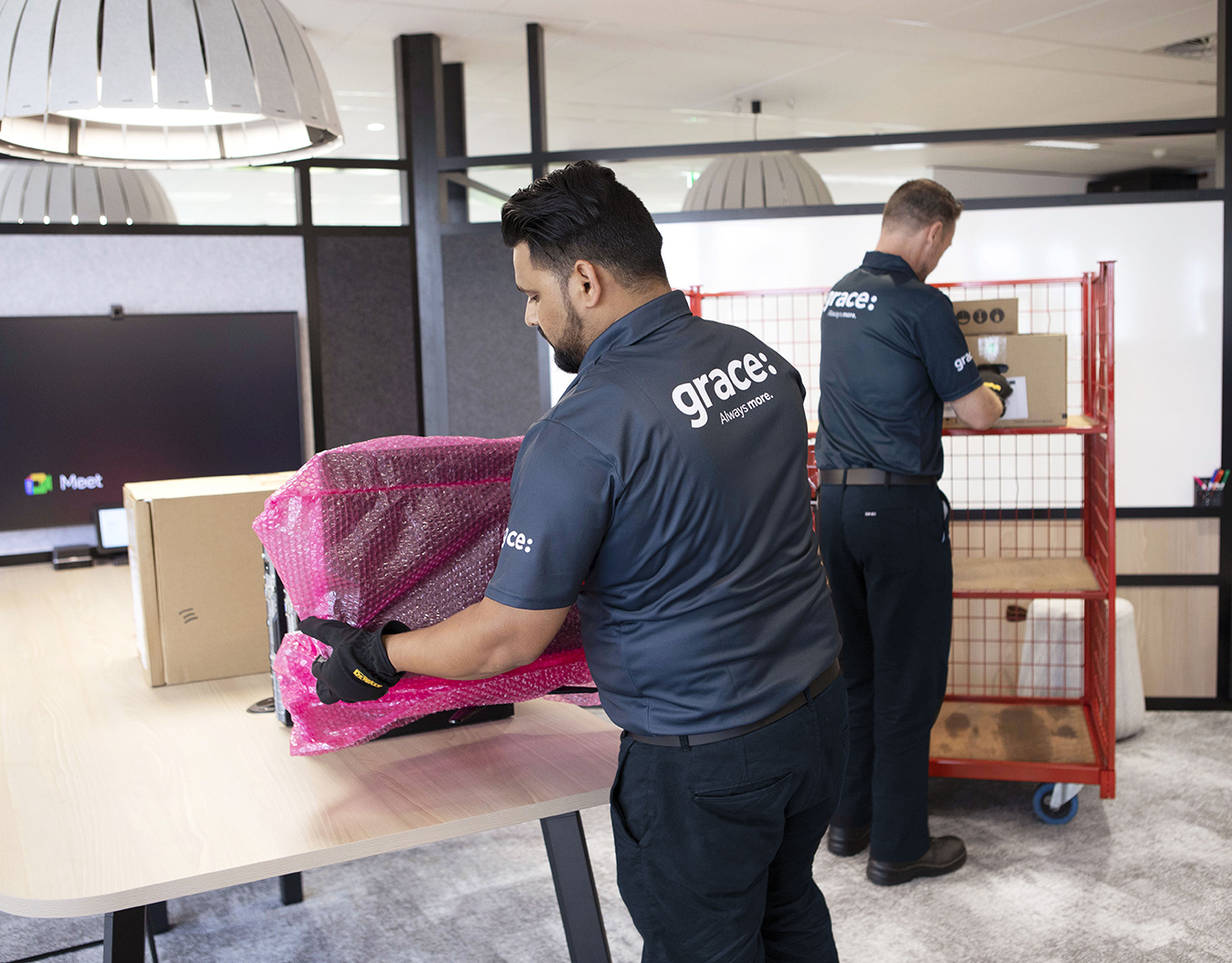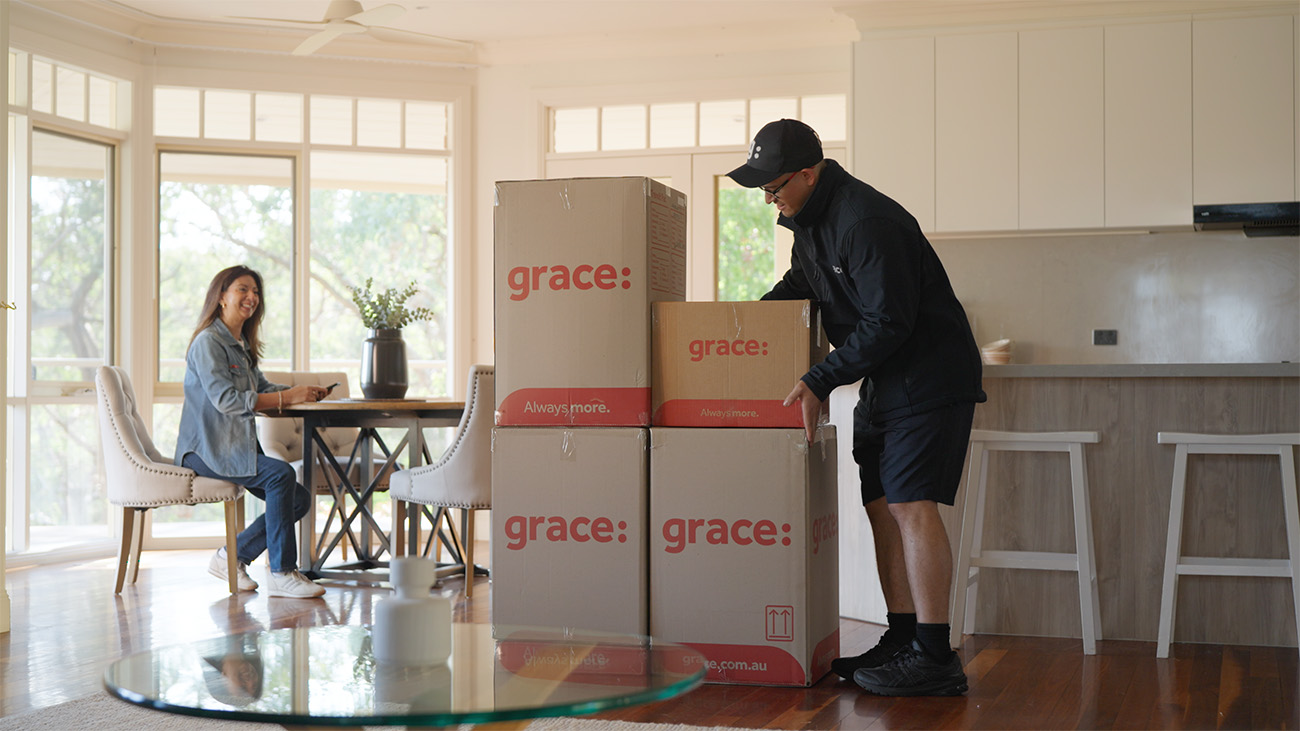The 1920’s had the great depression, the 2000’s had the great recession, but what do we have? If you were worried that this decade was going to be unremarkable, fear not. It appears we are in the middle of our own great economic event; The Great Resignation. Although, for anyone working in HR you are probably already well aware of this new phenomenon and quietly wondering when is it going to end?
So, what has brought about this unprecedented desire to change our jobs and/or careers? Well, in short it is the same thing that has seen Bunnings sell out of wheelbarrows, fertilizer and paint. Covid-19 has completely changed the way we view our world and our environs. We are no longer prepared to ignore the paint chipping away on the bedroom ceiling or watch the weeds take over the neglected flowerbed. And it appears we are no longer prepared to put up with a job that doesn’t fulfil us, a boss that doesn’t get us or a company that doesn’t appreciate us.
A recent Microsoft Global survey found that 41% of people are looking at leaving their employer this year. It’s certainly not unusual for turnover rates to increase as the economy bounces back from a major disruption, but what makes this a more concerning event for a lot of companies is the talent pool that is normally refreshed through international migration is beginning to stagnate. There are 56% more jobs being advertised to date this year compared to the same point last year in Australia, with a 6% increase just from last month to this month, whilst there are 34% less applicants per position compared to last year. These are quite sobering statistics and it is leading some organisations to think seriously about how to retain a workforce that have changed their attitudes to work. As Christian Freznar, one of the early prognosticators of The Great Resignation, wrote in Forbes magazine, “after a year spent unemployed or working from home, many have recalibrated the expectations they have of employers and the priorities they have for themselves. Applications to law and medical school have jumped by 20% and 18% respectively, a sign that many are reconsidering career paths, while there are now 1.4 million fewer mothers in the workforce than there were in early 2020.”
A Harvard University survey recently found that 81% of respondents would take a job at a reduced salary for better work conditions. Whilst ‘better work conditions’ are pretty vague the Microsoft survey gives more insight into how employees are feeling after nearly two years of working through a pandemic. Whilst business leaders find themselves in somewhat of a purple patch with increases in productivity, the worker bees are burnt out with 37% of the global workforce feeling that their companies are expecting too much of them whilst they struggle with home schooling, managing with the unemployment of a significant other, whose industry has been significantly impacted by the pandemic or the tedium and isolation of working from home as a single person. According to Microsoft’s research “One in five global survey respondents say their employer doesn’t care about their work-life balance. Fifty-four percent feel overworked. Thirty-nine percent feel exhausted.”
So, what does this all mean for CEO’s and HR Managers fearing the impact of The Great Resignation on their own company? In short, if you don’t start listening to how your employees are feeling and what they are looking for in their role and from their company you could be staring down the barrel of having to replace 2 in every 5 workers from a talent pool that has all but dried up.
Written by Shane Hickey, Corporate Relationship Manager
Grace Mobility – shickey@grace.com.au
Mobile: 0422 056 656




